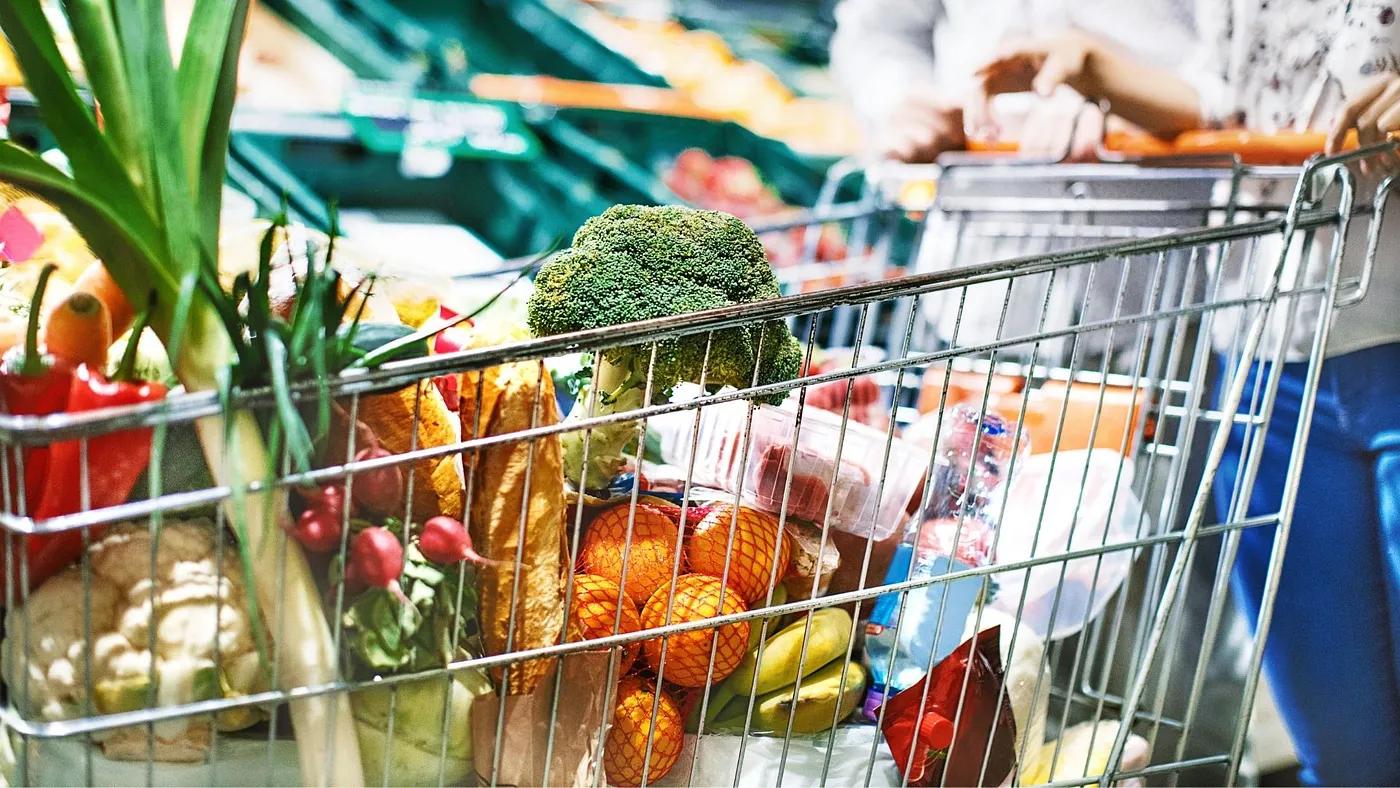The Boost to SNAP Food Assistance is Not Enough.

The Increase in SNAP benefits is finally here. Now let’s fight to keep Kansans out of poverty permanently.
Published 2021-10-13A national increase in Supplemental Nutrition Assistance Program (SNAP) benefits is here. Now, we as Kansans must raise the heat to ensure the Kansas Legislature makes critical safety net programs as strong as possible in our state.
SNAP food assistance helps families have the support they need to have equitable access to nutritious food, and in early August of this year, the USDA announced it would expand SNAP benefits by 25 percent starting Oct. 1. This means average household benefits will increase from $121 to $157 a month. That’s about $36.24 per person each month or $1.19 per day. This action marks the largest single increase since the start of the program and will support nearly 200,000 Kansans who receive SNAP food assistance.
SNAP boosts will benefit Kansas families and our economy, but they aren’t enough to end hunger in our state. We cannot talk about SNAP without talking about the barriers created by the Kansas Legislature that have barred thousands of Kansans from utilizing the program. The Kansas Legislature created barriers to SNAP through the HOPE Act and administrative changes–including a lengthened SNAP application–with devastating effects on the wellbeing of Kansans.
Despite important assistance programs and the crucial work of mutual aid organizations, food banks, meal services, and other food assistance programs, one in six Kansans and one in four Kansas children remain food insecure. The systemic oppression of marginalized identities also means an individual’s vulnerability to hunger is affected by their race, education level, gender, immigration status, and beyond.
As COVID-19 hit Kansas, it amplified the hunger and hardship our communities already faced. In response, Congress and the Biden Administration passed numerous measures to help alleviate the crisis, including stimulus checks, payment protection program loans for our local businesses, rental assistance, and more eviction and utility shut-off moratoriums.
Anti-hunger programs work and are among the most effective responses to COVID-related hardship. Because of solutions like pandemic EBT, increased food benefits, and flexibilities for Child Nutrition Programs and SNAP food assistance, COVID-19 food insecurity rates were lower than early pandemic projections.
Despite living in the breadbasket of the world, too many of our loved ones and neighbors still experience hunger. The power of pandemic anti-hunger programs should inspire not just how Kansas should continue to respond to the COVID-19 crisis, but how it should respond to hunger, period.
Food insecurity is a political decision. For our state to get the most out of the recent boosts to SNAP, the Kansas Legislature must step up, eradicate barriers to food assistance and support the programs that keep Kansans healthy and thriving through permanent policy changes.
This coming legislative session, the Kansas Legislature has the opportunity to act on two solutions that have already been introduced and would significantly reduce SNAP restrictions. The Legislature should reverse the drug felony ban (House Bill 2215) and pass a bill similar to House Bill 2371 that would remove the child support enforcement cooperation requirement.
Food is a right and all Kansans deserve access, regardless of their past.
Food assistance can be an immense support to people recovering from addiction, yet in Kansas, people with more than one drug felony are banned for life from accessing the program. We know that the HOPE Act also exacerbates disparities experienced by racial and ethnic minorities through this act. Because of the disparities in the criminal justice system, Black and Brown communities are more likely to face the repercussions of this drug conviction provision. House Bill 2215 would repeal this law and help build healthier communities centered around racial justice.
Kansans, especially survivors of domestic violence, applying for food assistance are required to specify that they’ll cooperate with child support enforcement putting them and their families at risk of violence.
“I’m afraid of having to deal with [child support cooperation]. I don’t know where my son’s dad lives, and I’m nervous what would happen if I was forced to put him on child support” -Southeast Kansas resident
To protect survivors and bolster affordable food access for parents working to support their families, the Kansas Legislature should pass a bill that would remove the child support enforcement cooperation requirement.
The pandemic put a spotlight on how fragile our Kansas infrastructure is when it comes to food and financial security. But it also showed us that our communities are stronger when we center our impacted communities and come together to create solutions and direct aid. The pandemic showed us our communities step up and provide essential needs and services, even if our legislature doesn’t.
SNAP can be a permanent solution for Kansas families. Removing barriers can ensure that ALL families have the access and opportunity to thrive beyond the pandemic. Every day our Legislature passes an opportunity to make permanent changes is a day wasted to our Kansas community. SNAP boosts are not enough if families are wondering how they are going to pay rent or pay for medical essentials. The SNAP increase is only the beginning, we need permanent safety nets to ensure Kansas families and individuals are housed, fed, and thriving.
We need communities to push our elective officials to make safety nets and benefits a permanent option for our impacted communities. Re-election season is upon us and if your local and state representatives aren’t pushing to make effective changes, it’s time to let them know.
We demand SNAP boosts as well as an eviction moratorium, a permanent child tax credit, universal free lunches at school, and other social services that will keep families out of poverty. You can draft emails, letters, send calls, and create petitions to elected officials to let them know that Kansans have been putting the work in to aid our communities but it is time that they do the work we pay them to do!